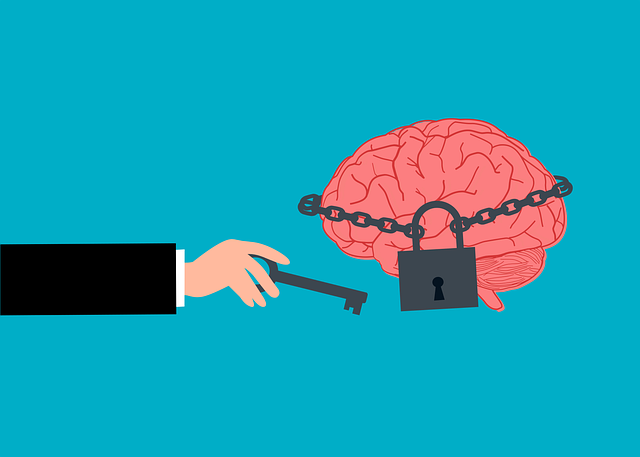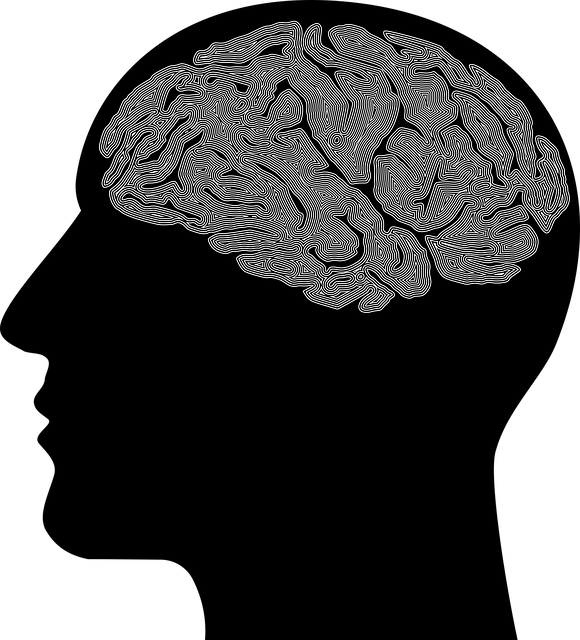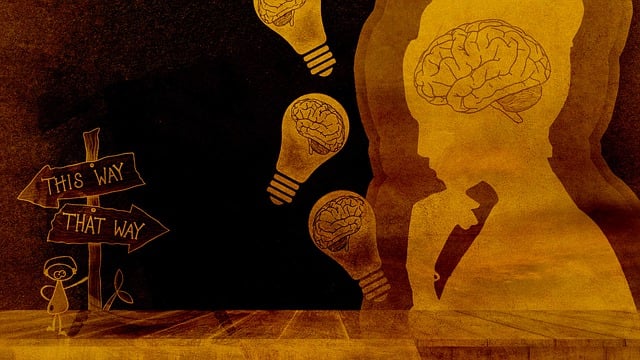In Denver, cultural sensitivity is paramount in treating conduct disorder, as mental health experiences are deeply influenced by an individual's background. Healthcare providers must navigate diverse traditions, language, and community dynamics to offer effective therapy. This involves specialized training, personalized care incorporating ethnic group stress management, historical trauma recognition, and compassionate approaches. The city's holistic Denver Conduct Disorder Therapy programs cater to urban populations, emphasizing safe spaces, tailored risk management, and trauma support services. Continuous learning, community outreach, and culturally relevant education are essential for mental health professionals to provide inclusive, sensitive care that addresses the unique needs of Denver's diverse communities.
Cultural sensitivity is a cornerstone of effective mental healthcare. In a diverse society like ours, understanding cultural nuances can significantly impact treatment outcomes. This article explores the critical concept of cultural sensitivity in mental health practice, focusing on Denver Conduct Disorder Therapy as a case study. We’ll delve into how cultural backgrounds influence mental health treatment, discuss challenges in providing culturally competent care, and offer strategies to enhance sensitivity in healthcare settings.
- Understanding Cultural Sensitivity in Mental Healthcare
- The Impact of Cultural Background on Mental Health Treatment
- Denver Conduct Disorder Therapy: A Cultural Approach
- Challenges in Providing Culturally Competent Care
- Strategies for Enhancing Cultural Sensitivity in Practice
Understanding Cultural Sensitivity in Mental Healthcare

In the diverse landscape of mental healthcare, cultural sensitivity is a cornerstone of effective treatment. It involves recognizing and appreciating the unique cultural backgrounds, values, and beliefs of individuals seeking therapy, especially those with conditions like conduct disorder in Denver. Understanding culture goes beyond basic demographics; it delves into the intricate web of traditions, language, family dynamics, and community influences that shape a person’s mental health journey. This awareness is crucial for tailoring interventions to meet the specific needs of each client.
For instance, when treating youth with conduct disorders, integrating cultural sensitivity might involve incorporating coping skills development techniques that resonate with their heritage or using mindfulness meditation practices adapted from ancient traditions. By doing so, therapists not only foster a sense of comfort and understanding but also enhance the potential for self-esteem improvement and positive behavioral changes. This personalized approach ensures that Denver conduct disorder therapy is inclusive and effective for all individuals, regardless of their cultural backgrounds.
The Impact of Cultural Background on Mental Health Treatment

The cultural background of an individual significantly influences their mental health experiences and treatment outcomes. Understanding this impact is vital for healthcare providers, especially those offering conduct disorder therapy in Denver or any urban center. Every patient’s journey with mental health is shaped by their unique cultural lens, beliefs, and traditions. For instance, some cultures may view certain behaviors as acceptable expressions of distress, while others might perceive them as problematic, requiring immediate intervention. This varies across diverse communities, leading to potential miscommunications between patients and healthcare providers.
Cultural sensitivity in mental healthcare involves recognizing these differences and adapting treatment approaches accordingly. Healthcare provider cultural competency training plays a pivotal role here. By equipping practitioners with the skills to navigate these complexities, they can offer more personalized care. This includes learning about various ethnic groups’ stress management techniques, understanding the influence of family dynamics on mental health, and exploring the impact of historical trauma. Moreover, mental health policy analysis and advocacy are essential tools to ensure that cultural sensitivity is integrated into healthcare systems, ultimately improving access to effective conduct disorder therapy for all Denver residents.
Denver Conduct Disorder Therapy: A Cultural Approach

Denver Conduct Disorder Therapy takes a cultural approach, recognizing that each individual’s experiences are shaped by their unique background and context. This method goes beyond treating symptoms to address the underlying social and cultural factors contributing to conduct disorder. By integrating compassion cultivation practices, therapists foster an environment of safety and understanding, enabling clients from diverse communities to explore their challenges in a culturally sensitive manner.
The program incorporates Trauma Support Services tailored to meet the specific needs of Denver residents, who may face unique stressors related to their urban setting. Risk Management Planning for Mental Health Professionals is also emphasized, ensuring therapists are equipped to navigate complex cultural dynamics while providing effective and compassionate care. This holistic approach not only enhances therapy outcomes but also strengthens the bond between therapist and client, fostering meaningful healing.
Challenges in Providing Culturally Competent Care

Providing culturally competent care presents unique challenges for mental healthcare practitioners, especially when working with diverse populations in a city like Denver. The term “culturally sensitive” refers to the ability to understand and appreciate different cultural beliefs, values, and practices, which are integral to a person’s identity and shape their experiences of mental health and illness. For instance, individuals from various ethnic backgrounds may exhibit different expressions of distress or have unique approaches to healing, often influenced by their cultural context. In Denver Conduct Disorder Therapy, these differences can pose obstacles if practitioners lack the knowledge and skills to navigate such complexities.
One significant challenge is miscommunication due to language barriers and cultural nuances. Effective communication is key to building trust and understanding in therapy. When a patient’s cultural background influences their communication style or language, therapists must employ empathy-building strategies and conflict resolution techniques to bridge the gap. Additionally, different communities may hold varying perceptions of mental health, seeking help or expressing consent in unique ways. Mental Health Education Programs Design should address these disparities by equipping practitioners with tools to respect and incorporate cultural perspectives while providing evidence-based treatments tailored to individual needs.
Strategies for Enhancing Cultural Sensitivity in Practice

Incorporating cultural sensitivity into mental healthcare practice is a multifaceted approach that requires ongoing learning and adaptation. One effective strategy for enhancing cultural sensitivity in Denver Conduct Disorder Therapy is through Community Outreach Program Implementation. Engaging with diverse communities, understanding their unique challenges, and tailoring services to meet their specific needs can significantly improve access and outcomes. Mental Health Education Programs Design plays a crucial role here; providing culturally relevant educational resources and workshops not only equips individuals with knowledge but also fosters empathy and reduces stigma.
Additionally, Compassion Cultivation Practices can profoundly impact therapeutic relationships. Mental health professionals who cultivate self-awareness and compassion are better equipped to navigate cultural differences and create safe spaces for clients. This involves actively listening, showing genuine interest in clients’ backgrounds, and incorporating their perspectives into treatment plans. By embracing these strategies, mental healthcare providers in Denver can offer more inclusive and effective services tailored to the diverse needs of their community.
Cultural sensitivity is a cornerstone of effective mental healthcare, particularly when addressing diverse populations. As demonstrated by Denver Conduct Disorder Therapy’s cultural approach, acknowledging and understanding an individual’s cultural background can significantly impact treatment outcomes. By embracing strategies to enhance cultural competency, mental health professionals can overcome challenges and provide more inclusive, sensitive, and ultimately successful care. This includes a deep exploration of various cultural contexts, continuous education, and tailoring therapeutic methods to meet the unique needs of each client. Such efforts not only foster better patient engagement but also contribute to more equitable healthcare outcomes across diverse communities.











